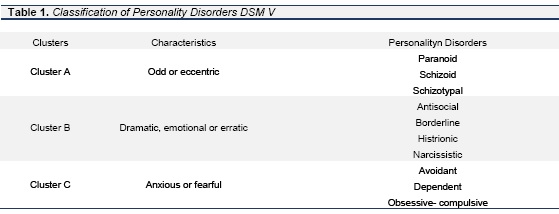

:max_bytes(150000):strip_icc()/Personality-disorders-5100910_final-927bda5a8a4d48779a8252c7dc5b22e6.jpg)

Irritability and aggressiveness, as indicated by repeated physical fights or assaults.Deceitfulness, as indicated by repeated lying, use of aliases, or conning others for personal profit or pleasure.Failure to conform to social norms concerning lawful behaviors, as indicated by repeatedly performing acts that are grounds for arrest.Understanding Antisocial Personality Disorder And Sociopathic TraitsĪccording to the DSM- 5, antisocial personality disorder is defined as pervasive pattern of disregard for and violation of the rights of others occurring since the age 15 years, as indicated by three (or more) of the following: Recent literature states that although a heterogeneous construct that can subdivide into multiple subtypes that share many similarities and are often comorbid but not synonymous, individuals with ASPD must be characterized biologically and cognitively to ensure more accurate categorization and appropriate treatment.Ĭopyright © 2022, StatPearls Publishing LLC.Click Here To Get Started With BetterHelp Now. However, others counter that psychopathy is simply a subtype of antisocial personality disorder, with a more severe presentation. Many researchers and clinicians argue this diagnosis, with concerns of significant overlap with other disorders, including psychopathy. Before the age of 18, the patient must have been previously diagnosed with conduct disorder (CD) by the age of 15 years old to justify diagnostic criteria for ASPD. Antisocial personality disorder is the only personality disorder that is not diagnosable in childhood. All of these disorders characteristically present with dramatic, emotional, and unpredictable interactions with others. Antisocial personality disorder falls into 1 of 4 cluster-B disorders, which also includes borderline, narcissistic, and histrionic.
#Dsm 5 antisocial personality disorder manual#
The Diagnostic and Statistical Manual of Mental Disorders (DSM 5) classifies all ten personality disorders into three clusters (A, B, and C). Disregard for and the violation of others' rights are common manifestations of this personality disorder, which displays symptoms that include failure to conform to the law, inability to sustain consistent employment, deception, manipulation for personal gain, and incapacity to form stable relationships. Antisocial personality disorder (ASPD) is a deeply ingrained and rigid dysfunctional thought process that focuses on social irresponsibility with exploitive, delinquent, and criminal behavior with no remorse.


 0 kommentar(er)
0 kommentar(er)
